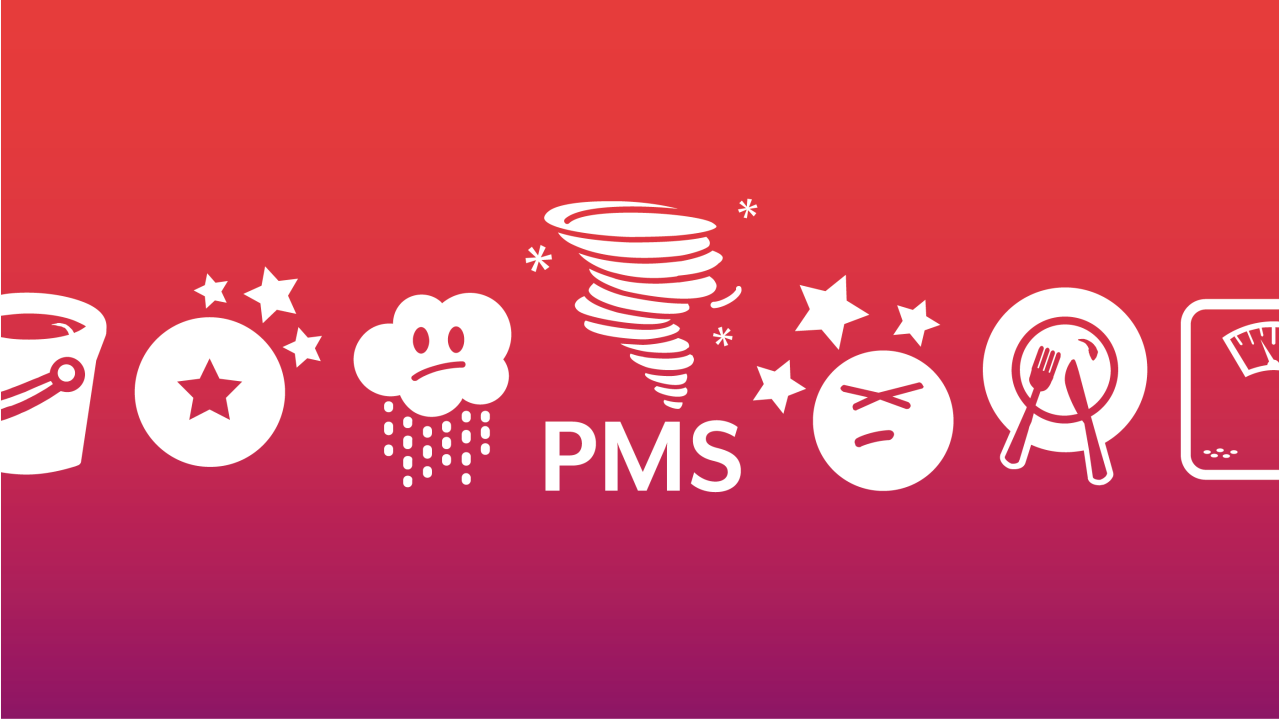When we were little, we used to take cartoon-shaped, flavored vitamins, but slowly, the grape-flavored Flintstones and cherry gummy vitamins were replaced by plain, unflavored supplements as we grew older. Vitamins promise a wide range of health benefits—stronger bones, increased energy, boosting this, and lowering that—but how effective are they, really? Are these claims really trustworthy? Not necessarily.
Vitamins and supplements do not have to follow the strict regulations for medicines by the Food and Drug Administration (FDA). This means that the manufacturer and not the FDA is in charge of making sure it is safe and pure. Pharmaceutical companies need FDA approval to sell their medicines, whereas vitamin manufacturers do not. They are under much less supervision, and their claims are more up to dispute.
Not all vitamins praised for their health benefits actually show results. Vitamin C, the go-to cure for colds, has been shown in studies to be less than effective in battling a cold. It only has an effect (a very minor one) when taken as a daily supplement, not just when you get sick. However, it has been shown to help those who do strenuous work, such as athletes. For the rest of us, though, no real effect is seen.
Taking too many vitamins not only does not improve your health but can also be detrimental. Make sure to read nutritional information and see what and how much you are taking. For example, taking too much vitamin A can cause bone weakening and liver abnormalities. So make sure you are taking vitamins that actually benefit you, because as one of my nutritional science teachers used to say, taking extra vitamins does not give you extra nutrition, it just results in super expensive urine. Your body can only absorb up to a certain amount of nutrients, and the rest is expelled from your body. A study conducted by the Consumer Lab found that some vitamins took more than an hour to disintegrate, past the 30-minute limit set by the United States Pharmacopeia. This means that some vitamins pass through your body without ever releasing health benefits. Taking too much can at best waste your money; at worst, it can have negative side effects.
Doctors are quite unsure about the value of taking daily dietary supplements. Some are all for it, while others call it futile effort. With a healthy, balanced diet, most people get the recommended amount of vitamins and nutrients from their meals; however, for those with nutrient deficiencies, those who are malnourished, and women who are pregnant or breast-feeding, vitamins can help them keep healthy.
The health benefits of taking vitamins and supplements are still largely up for debate. A daily multivitamin can perhaps help some people balance out their diet, and specific supplements like fish oil are supposed to alleviate a variety of conditions ranging from blood pressure to osteoporosis. So, if you really want to start a vitamin and supplement regimen, it may be a good idea to discuss your plans with your physician first.
Article by Loreen Atallah
Feature Image Source: MarketWatch
























